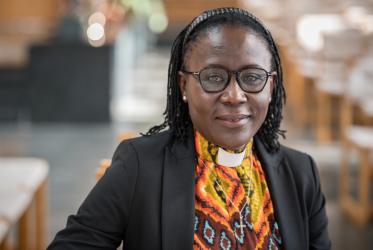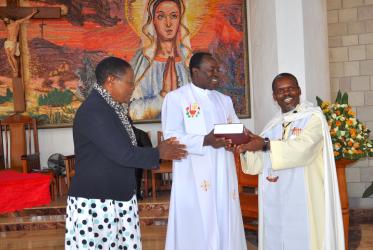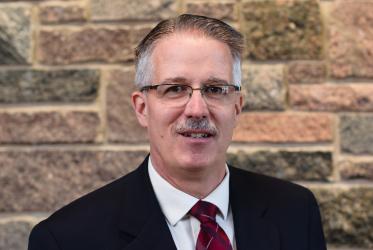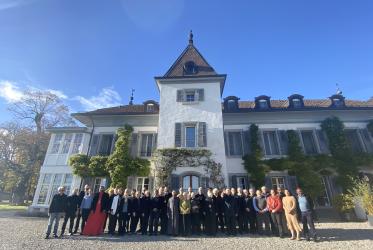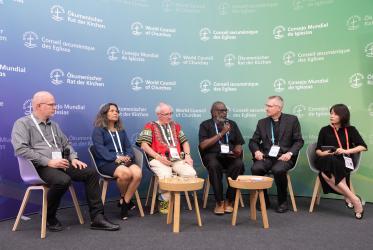Displaying 41 - 60 of 141
HIV and AIDS Civil Society Networks and the Faith Sector
Lessons Learnt from Strategic Engagement in India, Dominican Republic, Indonesia, and Jamaica
31 January 2023
Towards a Global Vision of the Church Volume I
Explorations on Global Christianity and Ecclesiology, Faith and Order Paper 234
14 November 2022
Migrants in Argentina find listening ears and open hearts
04 November 2022
Christ’s Love (Re)moves Borders – GETI 2022 in images
13 September 2022
Ukraine: Responding to humanitarian need
08 September 2022
Indigenous women struggle for identity in Asia and beyond
05 September 2022

